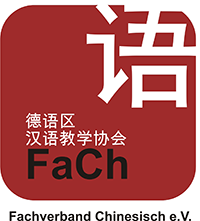Die Modernisierung des chinesischen politischen und wissenschaftlichen Wortschatzes am Ende des 19. und zu Beginn des 20. Jahrhunderts
Autor/innen
The article is concerned with the question of how the Chinese language reacted to the influx of western ideas into the Far East in the second half of the 19th and at the beginning of the 20th century. The principal sources examined are dictionaries, both bilingual Chinese dictionaries and bilingual Japanese dictionaries. It is demonstrated that in Japan after the Meiji Restoration the process of assimilating western ideas advanced at a pace faster than in China. As a consequence, it was mainly the Japanese who took up countless western terms and formed equivalents employing Sino-Japanese morphemes. In the late 19th century, particularly after the Sino-Japanese War when many Chinese students went to Japan with the aim of acquiring Western knowledge, a huge quantity of Japanese neologisms streamed into the Chinese language. The Chinese had no difficulties in adopting them by way of graphic borrowing. Nowadays these new terms have become firmly established in the Chinese lexicon.

Dieses Werk steht unter der Lizenz Creative Commons Namensnennung - Weitergabe unter gleichen Bedingungen 4.0 International.

Dieses Werk steht unter der Lizenz Creative Commons Namensnennung - Weitergabe unter gleichen Bedingungen 4.0 International.







